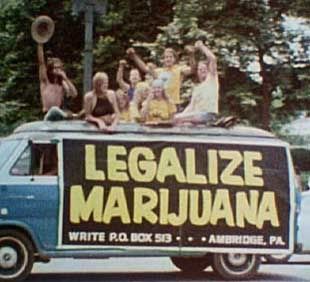Long Beach could join several other California cities in seeking to boost city coffers by taxing marijuana.
The City Council on Tuesday will consider a proposal to place a measure on the November ballot that would levy a 5% tax on medical marijuana collectives.
Another tax of up to 10% on other marijuana businesses would go into effect only if California voters also pass Proposition 19, which would legalize, regulate and tax marijuana for recreational use.
Long Beach's proposal, drafted by the city’s Department of Financial Management, also calls for taxing medical marijuana cultivation sites at .0075 cents per square foot.
The growth of pot dispensaries -- and the drug’s potential legalization statewide -- has presented a rare opportunity for cities desperately searching for new revenues. Berkeley and Sacramento are considering similar measures.
Long Beach is facing an $18.5-million budget deficit, and for some on the city council, which voted in May to regulate medical marijuana collectives, taxation is the next logical step.
"We tax alcohol. We tax cigarettes. Why wouldn't we look at taxing marijuana?" Long Beach Councilman Patrick O’Donnell said. "We're turning over every rock to find new revenues, and under one of those rocks may be marijuana."
Critics, however, say such a tax could unfairly target medical marijuana patients.
Americans for Safe Access, the nation's leading medical marijuana advocacy group, opposes taxing medical marijuana because it believes the drug should be treated the same as any other doctor-prescribed medications, which are untaxed.
But if a tax must be enacted, spokesman Kris Hermes said, "the tax burden should be removed from the patient to the extent possible."
"It's difficult to tell cities that are cash-strapped in tough economic times that you can't tax this substance,” he said. "But there are other methods that local governments could use to raise the money; one of those methods is to tax the production side."
Long Beach Councilwoman Gerrie Schipske voiced similar frustrations, calling it "hypocritical" to tax marijuana because under current laws, it's sold either as an illegal drug or as a pharmaceutical.













No comments:
Post a Comment